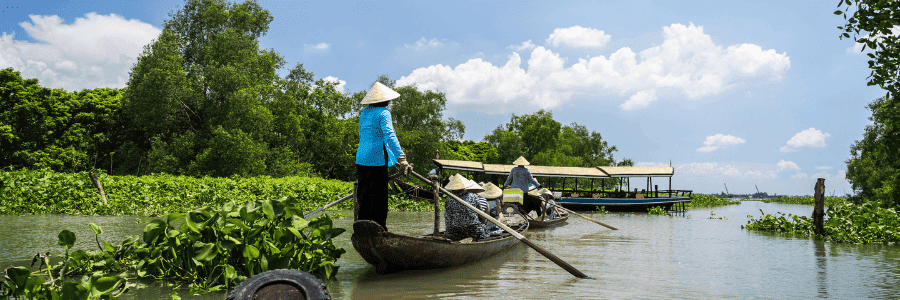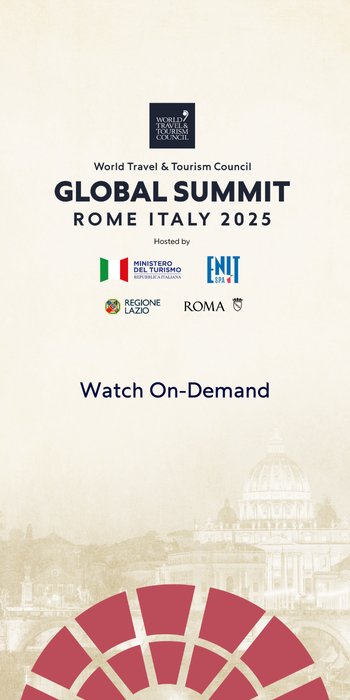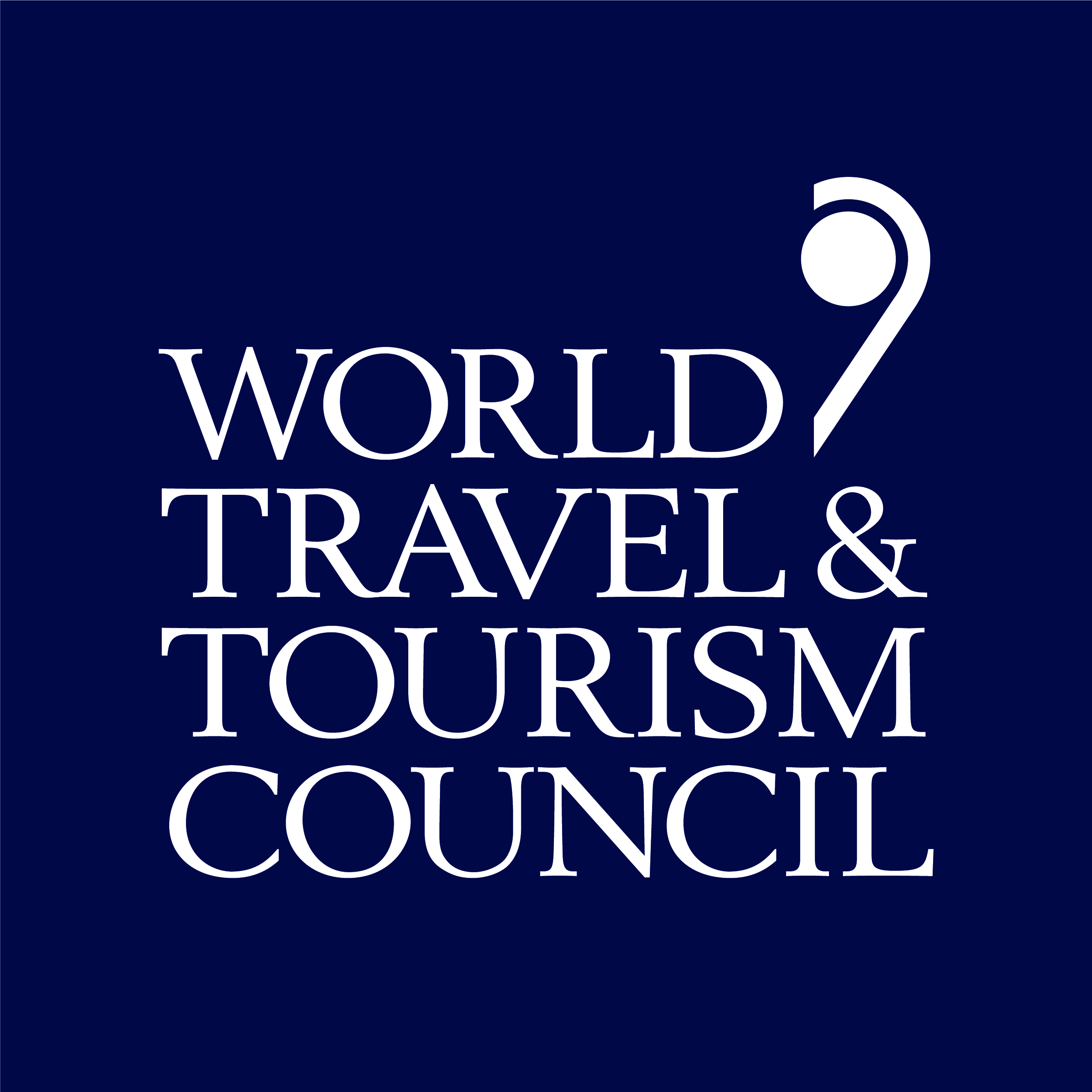Putting purpose before profit: How Intrepid Travel is rewriting the future of tourism

In a world where tourism often comes with a heavy price tag for communities and the planet, one company has been quietly but resolutely rewriting the rules and changing the game entirely.
In 1989, long before “sustainable tourism” was a buzzword, two travellers—Darrell Wade and Geoff Manchester—imagined a better way to explore the world, one where travel did not just serve the curious wanderer but also left a positive impact on the places and people visited. That vision became Intrepid Travel. Fast forward to today, and Intrepid is a global movement with purpose at its core.
Sign in to access actionable insights
In a world where tourism often comes with a heavy price tag for communities and the planet, one company has been quietly but resolutely rewriting the rules and changing the game entirely.
In 1989, long before “sustainable tourism” was a buzzword, two travellers—Darrell Wade and Geoff Manchester—imagined a better way to explore the world, one where travel did not just serve the curious wanderer but also left a positive impact on the places and people visited. That vision became Intrepid Travel. Fast forward to today, and Intrepid is a global movement with purpose at its core.
James Thornton, CEO of Intrepid Travel since 2017, is a staunch advocate for purpose-led business. Under his leadership, Intrepid has stayed true to its founding ideals and proven that doing good can go hand-in-hand with doing well. In 2024, the company reached a record revenue of USD 626 million, a 17% increase year-on-year, laying solid ground for its ambitious growth plans. “We’ve consistently demonstrated that purpose and profit can exist together,” says James. And perhaps that is what makes Intrepid different.
A defining moment
One of the company’s most defining, and risky, moves came in 2014, when Intrepid made the bold decision to remove elephant rides from all its Southeast Asia itineraries. At the time, riding elephants was almost a rite of passage for tourists.
But after partnering with World Animal Protection and learning about the cruel methods used to train elephants, Intrepid took a stand. The company’s ethical pivot sent ripples through the travel sector and led many other operators to follow suit. “It felt like a big risk, but we had a hugely positive response,” says James.
Another watershed moment came in 2018, when Intrepid became one of the first major travel companies to be certified as a B Corp. “It’s a badge that demands constant improvement,” notes James, and indeed, the wave of B Corps that followed proves how Intrepid is setting the pace for an entire sector.
Local partners, global purpose
For Intrepid, partnerships are not just logistical, but transformational. Whether it is staying with a local family in Morocco or hiring homegrown transport services in Vietnam, the company’s long-term relationships with local partners offer authenticity. “Anyone can visit a destination and see the sights. But we offer a chance to connect with people, to share meals, stories, and lives,” says James.
One inspiring example is Bharat Yatras Tours in India. What began as a one-man operation with a single vehicle has, over 16 years, grown into a fleet of 20 vehicles and recently added its first electric vehicle for Intrepid’s airport transfers. “They understand that unforgettable customer experiences are the key,” says James.
Beyond business, there is also the Intrepid Foundation, the company’s not-for-profit arm. Every one of Intrepid’s trips is aligned with a grassroots partner, selected based on local input from Intrepid’s 31 global offices. This alignment ensures that real, pressing issues within communities, like women’s empowerment, environmental protection, or poverty alleviation, are embedded into the travel experience itself.
The SME challenge
Working with nearly 5,000 small businesses in 118 countries is not without its hurdles. A survey of nearly 2,000 Intrepid suppliers revealed that while 84% are locally owned, only 12% have sustainability certifications, and a mere 5% are tracking their carbon footprint.
“SMEs want to do more, but they face real barriers. To bridge that gap, Intrepid offers solutions. Free downloadable resources, a quick-start decarbonisation guide, and regular supplier webinars help small businesses take their first steps toward sustainability,” explains James.
He shares a pragmatic view, “If our customers are happy, we get more demand. That creates more trips, which gives our partners more business. We all grow together, but only if we’re all committed to doing it responsibly.”
Intrepid regularly audits its suppliers across a range of criteria, including areas like modern slavery, to ensure that the supply chain complies with its standards. This also helps small businesses identify areas of improvement.
Women behind the wheel: The Holy City Rickshaw Project
Nowhere is this symbiosis more powerful than in the Holy City Rickshaw Project in Varanasi, India. Launched in partnership with ACCESS Development Services, the initiative trains women from low-income households to drive electric rickshaws, offering them a sustainable livelihood while giving tourists a unique, immersive city tour.
It is a perfect example of how Intrepid intertwines social impact with unforgettable travel experiences. And it is just one of many community-based tourism efforts integrated into their itineraries across Peru, Morocco, Bali, and Fiji.
Measuring impact, not just miles
Numbers matter, but only when they measure the right things. Since 2021, Intrepid has been assessing the social and economic impact of its partnerships. In just three years, diverse ownership in its supply chain jumped from 17% to 27%. The company also uses Business for Social Impact (B4SI’s) globally recognised standards to verify and benchmark contributions, be they time, money, or in-kind support, to charitable and social enterprises.
Sustainability beyond lip service
Intrepid is no stranger to confronting tourism’s darker side—overtourism, environmental degradation, and carbon emissions. The company champions alternatives, like promoting locally owned accommodations and supporting suppliers through the WTTC’s Hotel Sustainability Basics Programme. Nepal was the first testing ground. The Barahi Jungle Lodge became the first of Intrepid’s partners and the first business in the entire country to be verified under the programme.
Webinars on topics like decarbonisation are not corporate window dressing, they are knowledge-sharing forums that empower small partners to innovate while preserving their cultural identity.
In 2024, Intrepid joined WTTC’s Together in Travel as a Founding Partner, reinforcing its commitment to helping small businesses grow sustainably. New operations in Greenland, the Maldives, and West Africa, and the opening of new country offices, including one in Denmark, signal growth with purpose.
By 2030, Intrepid aims to double its customer base to 600,000 annually and give 1% of its revenue to purpose-led initiatives. “As we grow, so will our suppliers. So will the communities and causes we support through our Foundation,” says James.
In a world driven by metrics, margins, and megaprojects, Intrepid offers a reminder that travel can still be a force for good, one homestay, one electric rickshaw, one brave decision at a time.
Sharing his vision, James says, “We believe in collaboration. We want to work with partners, organisations, and tourism bodies to ensure we are all moving forward toward a better future for travel.”
And maybe that’s the challenge for all of us—not just to travel far, but to travel wisely. Not just to see the world, but to change it, one responsible journey at a time.

















